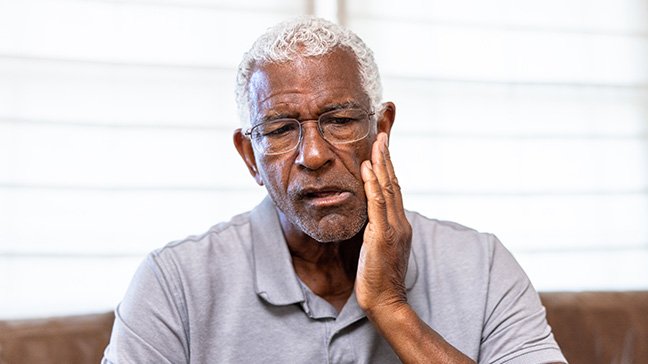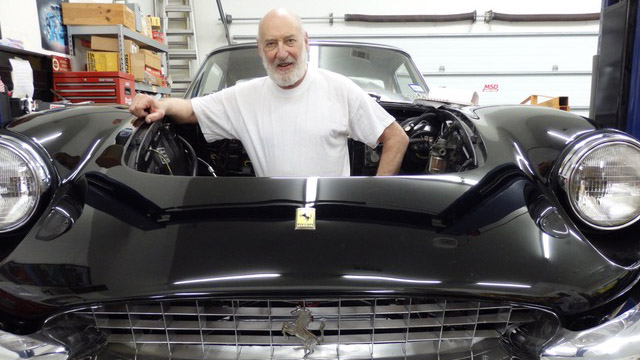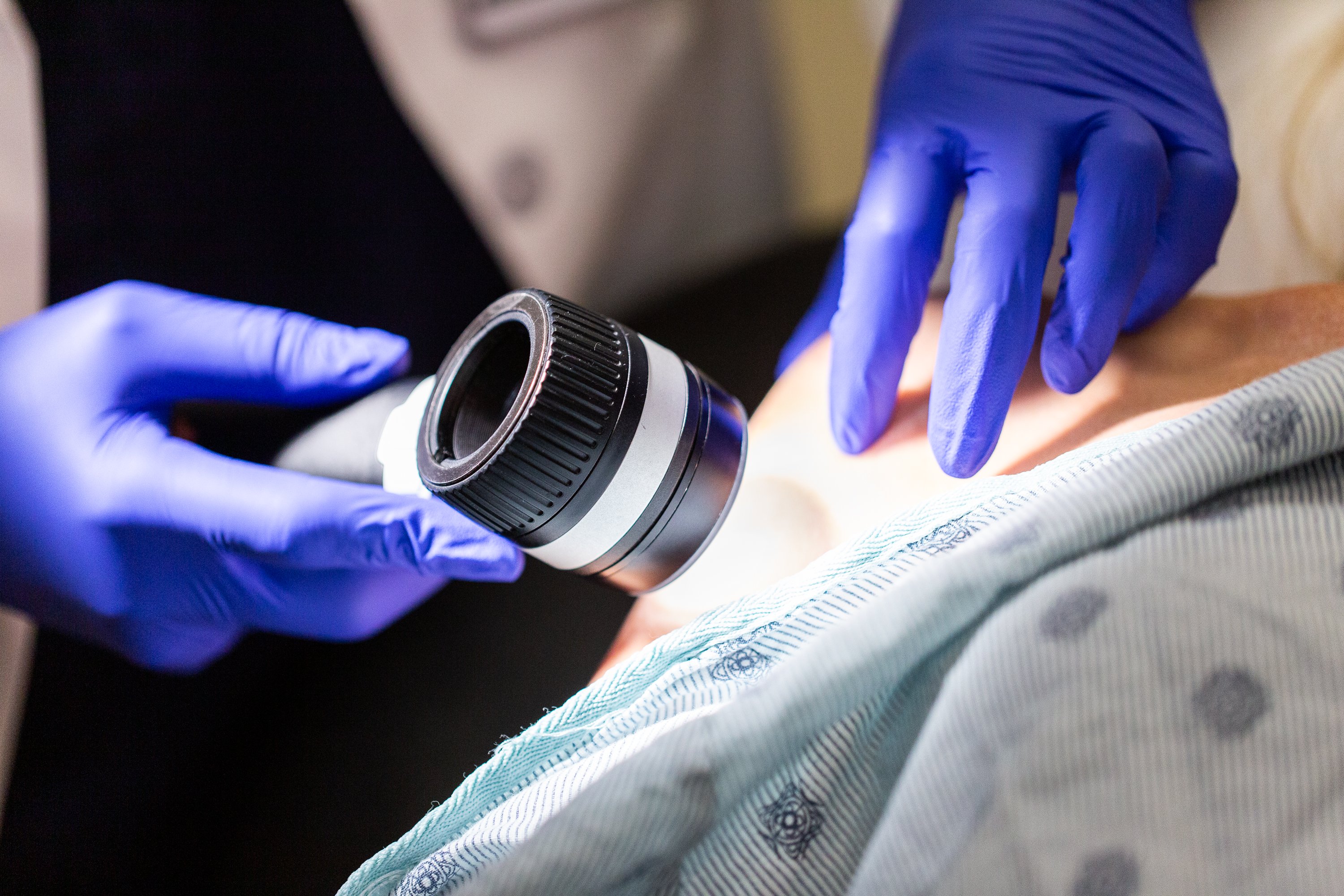- Diseases
- Acoustic Neuroma (14)
- Adrenal Gland Tumor (24)
- Anal Cancer (68)
- Anemia (2)
- Appendix Cancer (16)
- Bile Duct Cancer (26)
- Bladder Cancer (72)
- Brain Metastases (28)
- Brain Tumor (232)
- Breast Cancer (714)
- Breast Implant-Associated Anaplastic Large Cell Lymphoma (2)
- Cancer of Unknown Primary (4)
- Carcinoid Tumor (8)
- Cervical Cancer (160)
- Colon Cancer (166)
- Colorectal Cancer (118)
- Endocrine Tumor (4)
- Esophageal Cancer (44)
- Eye Cancer (36)
- Fallopian Tube Cancer (8)
- Germ Cell Tumor (4)
- Gestational Trophoblastic Disease (2)
- Head and Neck Cancer (14)
- Kidney Cancer (128)
- Leukemia (342)
- Liver Cancer (50)
- Lung Cancer (286)
- Lymphoma (278)
- Mesothelioma (14)
- Metastasis (30)
- Multiple Myeloma (100)
- Myelodysplastic Syndrome (60)
- Myeloproliferative Neoplasm (6)
- Neuroendocrine Tumors (16)
- Oral Cancer (100)
- Ovarian Cancer (172)
- Pancreatic Cancer (160)
- Parathyroid Disease (2)
- Penile Cancer (14)
- Pituitary Tumor (6)
- Prostate Cancer (146)
- Rectal Cancer (58)
- Renal Medullary Carcinoma (6)
- Salivary Gland Cancer (14)
- Sarcoma (238)
- Skin Cancer (296)
- Skull Base Tumors (56)
- Spinal Tumor (12)
- Stomach Cancer (64)
- Testicular Cancer (28)
- Throat Cancer (92)
- Thymoma (6)
- Thyroid Cancer (98)
- Tonsil Cancer (30)
- Uterine Cancer (82)
- Vaginal Cancer (18)
- Vulvar Cancer (20)
- Cancer Topic
- Adolescent and Young Adult Cancer Issues (20)
- Advance Care Planning (12)
- Biostatistics (2)
- Blood Donation (18)
- Bone Health (8)
- COVID-19 (362)
- Cancer Recurrence (120)
- Childhood Cancer Issues (120)
- Clinical Trials (632)
- Complementary Integrative Medicine (22)
- Cytogenetics (2)
- DNA Methylation (4)
- Diagnosis (232)
- Epigenetics (6)
- Fertility (62)
- Follow-up Guidelines (2)
- Health Disparities (14)
- Hereditary Cancer Syndromes (126)
- Immunology (18)
- Li-Fraumeni Syndrome (8)
- Mental Health (116)
- Molecular Diagnostics (8)
- Pain Management (62)
- Palliative Care (8)
- Pathology (10)
- Physical Therapy (18)
- Pregnancy (18)
- Prevention (920)
- Research (392)
- Second Opinion (74)
- Sexuality (16)
- Side Effects (608)
- Sleep Disorders (10)
- Stem Cell Transplantation Cellular Therapy (216)
- Support (402)
- Survivorship (322)
- Symptoms (182)
- Treatment (1786)
Olympic swimmer with acoustic neuroma finds connection and healing at MD Anderson
6 minute read | Published December 30, 2024
Medically Reviewed | Last reviewed by Shaan Raza, M.D., on December 30, 2024
Clark Burckle Jr., now 36 years old, is no stranger to adversity. Clark represented the United States in the 2012 Olympics, competing in the 200-meter breaststroke. He’s been a successful entrepreneur with an athletic lifestyle ever since then.
But in 2022, he started feeling unwell. “I had bad fatigue, I lost the desire to work out, I felt very tired and overwhelmed,” he recalls. He noticed a ringing in his left ear – tinnitus – that wouldn’t go away. He was also having trouble hearing from his left ear.
Clark tried to ignore the problem, hoping his symptoms would resolve on their own. “I never go to doctors,” he recalls thinking. “I’ll just take ibuprofen.”
But his fiancée – now wife – Mallory Comerford, also an Olympic swimmer, finally convinced him to go to the doctor. He visited a local specialist in his hometown of Louisville, Kentucky. A physical exam didn’t reveal anything troubling, but Clark got an MRI just in case.
Unexpected acoustic neuroma diagnosis spurs action
Just before Thanksgiving, Clark was on his way to a family dinner when he got the call from his doctor. “He said, ‘I think you have a brain tumor!’”
Clark thought he was joking. But his doctor was serious. Clark had a vestibular schwannoma on the left side of his head – a type of acoustic neuroma. While not cancerous, these tumors can cause problems with hearing and balance.
Clark and his family went to a local neurosurgeon to talk about their options.
Despite the surgeon’s impressive qualifications, Clark didn’t feel a personal connection. “I want to find someone I trust not only by the way they talk to me but also based on their credentials,” he recalls thinking.
MD Anderson offers expertise and connection
Clark and his family visited another hospital nearby, but they still weren’t satisfied. So, they traveled to MD Anderson for another opinion. Here, they met Shaan Raza, M.D., a neurosurgeon specializing in skull base tumors.
Clark felt a connection immediately. “I felt like I was talking to someone I knew for a while,” Clark says. “He’s very calm, but at the same time very knowledgeable and competent.” When they walked out of the room, Mallory said, “He’s the one.”
“I felt exactly the same way,” Clark recalls.
MD Anderson’s organization and communications also won him over. “The whole process at MD Anderson was significantly better,” he says. “The communication using MyChart and the staff were really good. I knew where to go and what to do.”
Raza told Clark he could either remove the tumor surgically or continue to monitor it, though it was likely to keep growing. Surgery came with risks: some patients with acoustic neuroma lose their hearing completely even after the tumor is removed.
Despite the risks, Clark wanted surgery. “To me, it was so important to get the tumor out of my head, resume the lifestyle I had before and move forward with a clean slate,” he says.
Clark and Mallory had plans to get married in October 2023, and Clark wanted to get the surgery over with before their wedding. Clark scheduled surgery with Raza and head and neck surgeon Marc-Elie Nader, M.D., in March 2023 to ensure he had enough time to recover before the wedding.
MD Anderson surgeons remove tumor, preserve hearing
Until the day of the surgery, Clark hadn’t been too worried. He had faced high stakes before, competing in major competitions and at the Olympics. Still, on the morning of the surgery, he got nervous. But he says Raza and his team communicated well and made him feel calm. “I felt confident that he had done this before and that I was going to have a good outcome,” Clark recalls.
Raza successfully removed the entire tumor. And there was more good news: Raza and Nader were able to preserve Clark’s vestibular and cochlear nerves. That meant that Clark’s hearing was intact. “That was my biggest concern,” says Clark. “There was a chance, given the size of the tumor, that I’d lose it.”
Clark spent a week recovering in the hospital. Recovery was difficult at first: he felt dizzy and had trouble moving his feet. He even developed shingles on the right side of his neck, while the incision was behind his left ear. “It made it hard to sleep; I constantly wanted to get out of bed, I felt cooped up,” Clark remembers.
Mallory spent the nights in the chair in his room. “I’d wake up and see her, and I felt like I could calm down,” Clark recalls.
Clark worked with an MD Anderson physical therapist during his stay. Walking and stair training helped improve his balance. He used a walker for safety for the first few weeks after surgery, but he improved quickly. “I was very surprised how quickly I went through the recovery process and how well the scar healed,” says Clark.
Resuming an active lifestyle
After leaving the hospital, Clark and his family spent a few more weeks in Houston for follow-up appointments at MD Anderson. Two weeks after surgery, he was able to walk and enjoy local sights, like the Houston Zoo. “I went from feeling like I could barely lift my feet and my head was spinning, to being on a bike a month and a half later,” he says. “I was ready to be active as soon as possible.”
Today, Clark still gets dizzy if he’s moving quickly and turns his head, but it’s manageable. Physical therapy for patients like Clark involves metronome exercises, where a patient synchronizes their movements to a beat to improve coordination and balance. But Clark decided to use swimming to support his recovery.
“When swimming freestyle, you breathe to the side; then you have to bring your head back to the middle,” he explains. “That was initially disorienting for me. But I felt like it was harder than sitting in a chair doing metronome exercises, and I think it has expedited my recovery.”
Clark found that golf helped him with his balance. He even recently went hiking with his family at Zion National Park.
Clark’s hearing is about the same as it was before surgery – about 80% in his left ear and no problems in his right ear. In loud places, like at a crowded sporting event, Clark might have trouble hearing a specific person. But that doesn’t stop him from taking part in his favorite activities. “Some days the only thing that’s different about me is there is a scar on my head,” he laughs.
Gratitude for “the good people” at MD Anderson
Looking back, Clark feels incredibly lucky that the brain tumor wasn’t malignant. “Things could have gone very differently,” he says.
Spending time at MD Anderson made him appreciate the resilience of patients and caregivers. “Seeing patients going through cancer treatment and all the people helping them reminded me to work hard, seize opportunities, be involved, give back to others,” he says.
What would Clark tell another patient with a brain tumor? “Put your trust in an incredible doctor and staff. Find the good people that have the answers and trust in them.”
That’s exactly who Clark found at MD Anderson. “I was lucky to get that opportunity,” he says.
Request an appointment at MD Anderson online or call 1-877-632-6789.

Some days the only thing that’s different about me is there is a scar on my head.
Clark Burckle Jr.
Survivor






